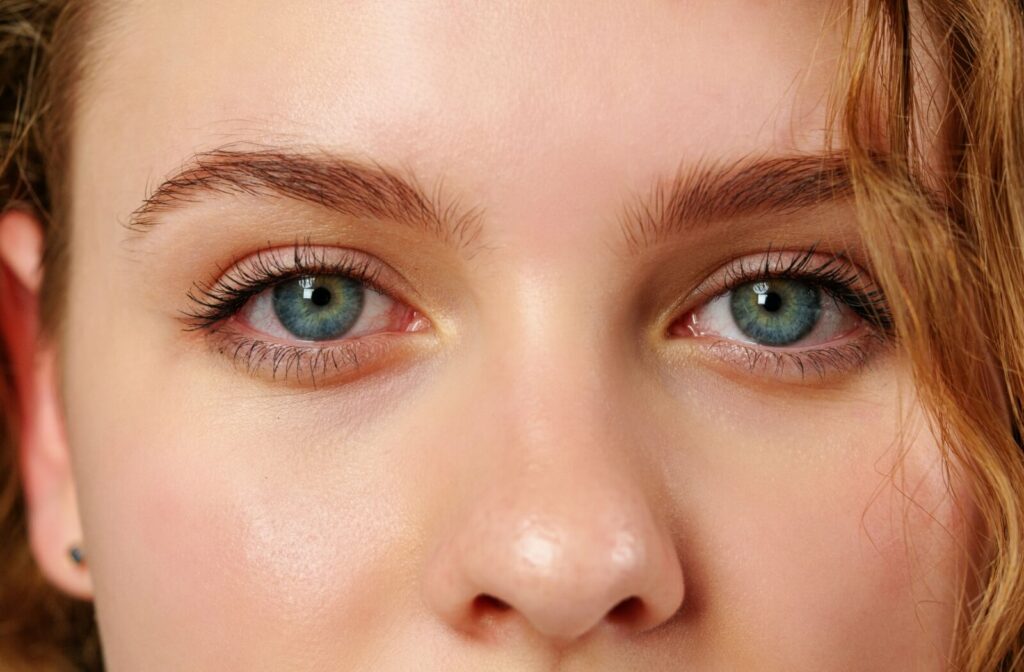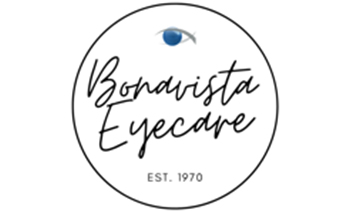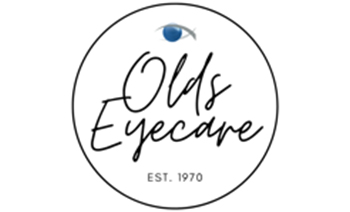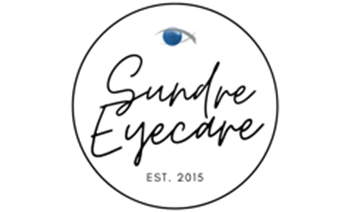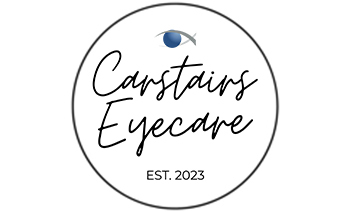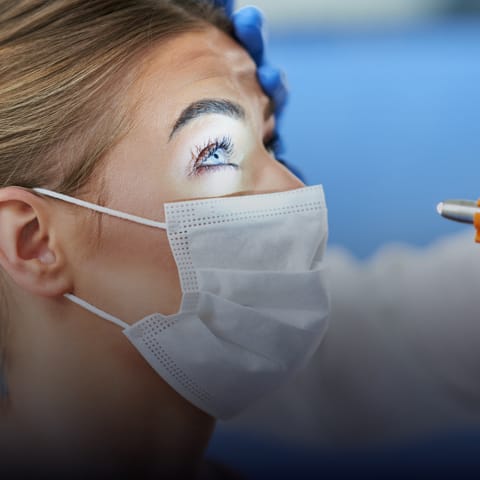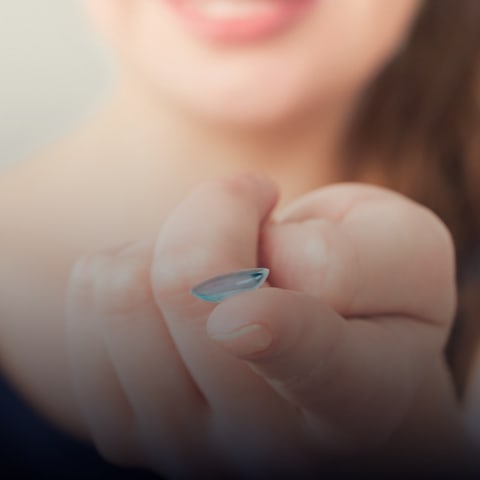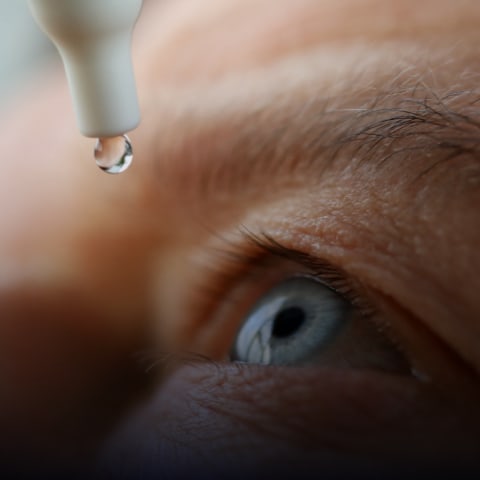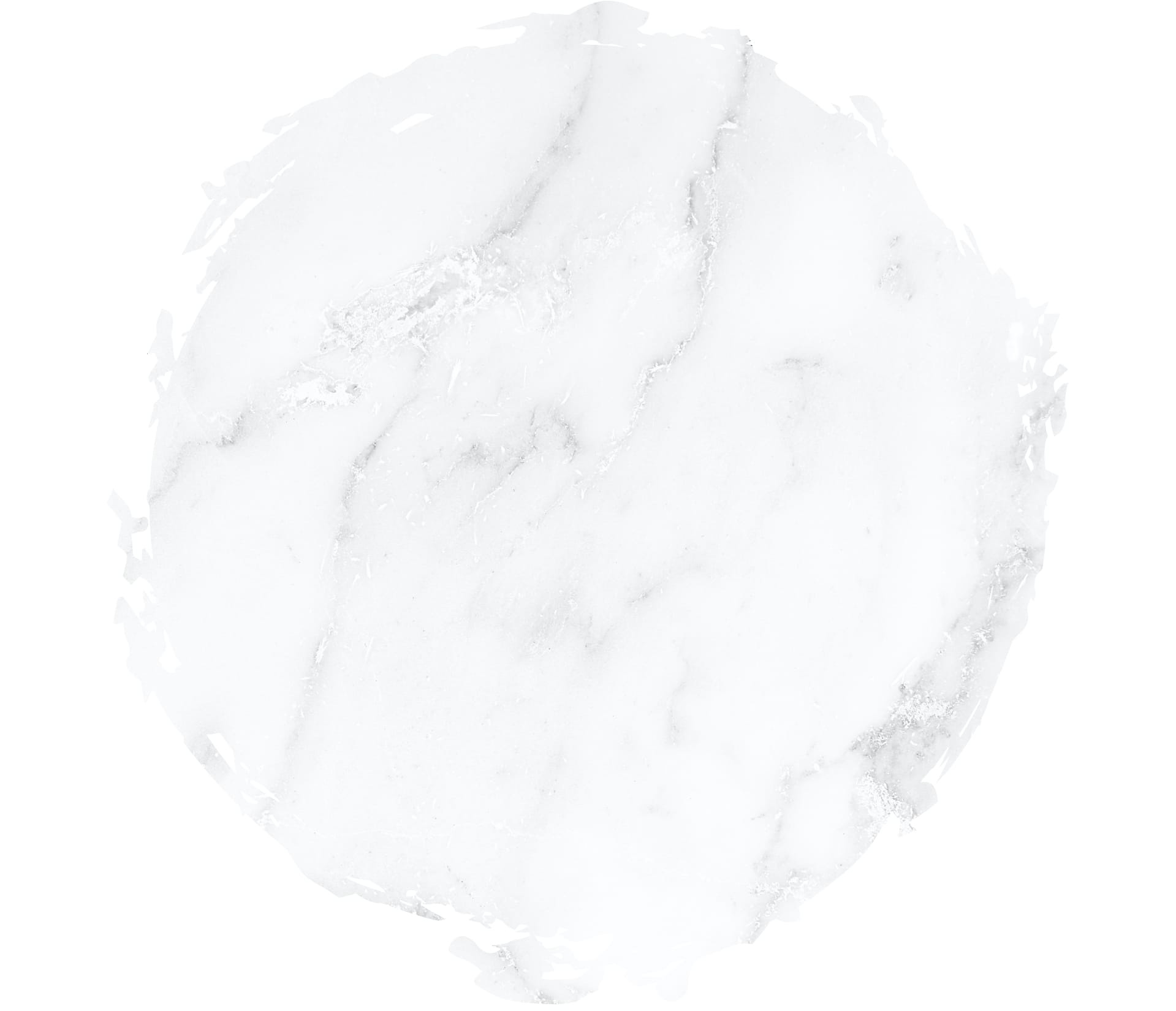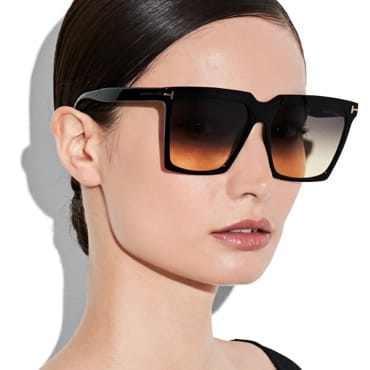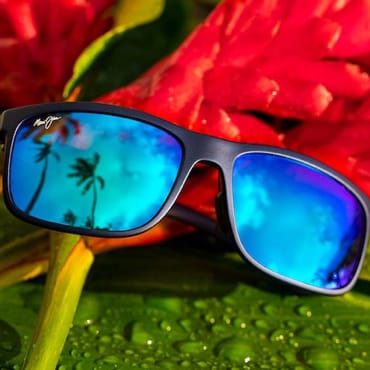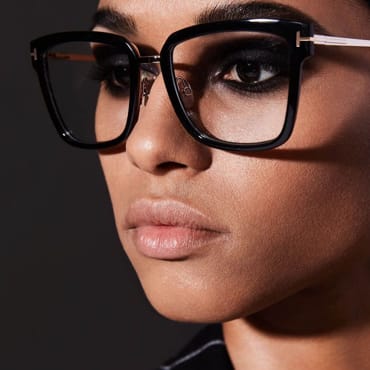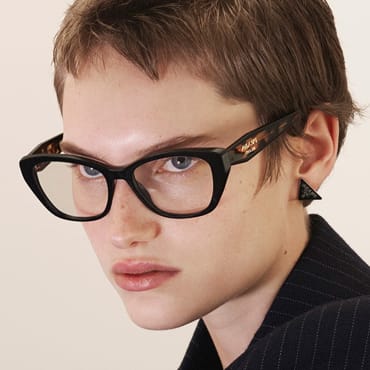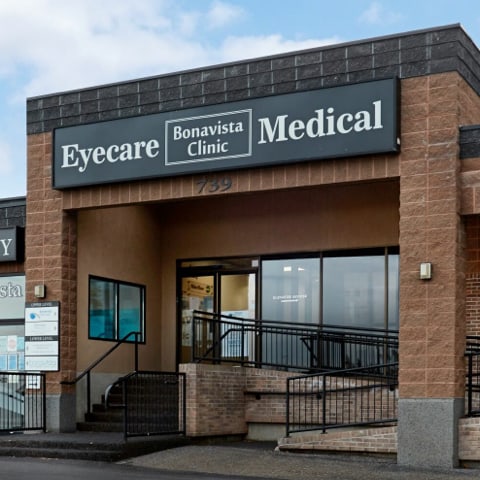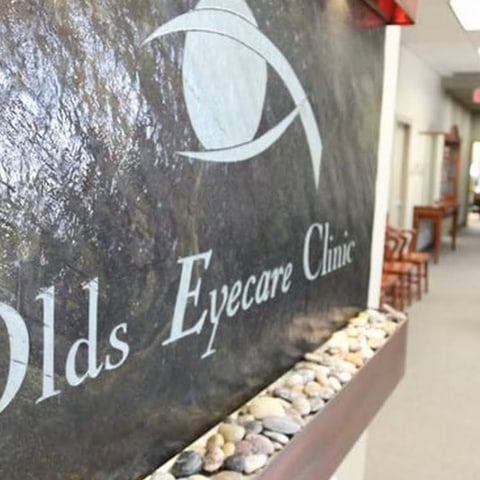If you’ve noticed that your blue or light-coloured eyes seem more sensitive to bright sunlight, there’s a good reason. This is because the colour of your eyes can affect how they react to light. So, you may find yourself squinting more often or reaching for your sunglasses sooner than your friends with darker-coloured eyes.
Everyone needs to protect their eyes from the sun, but if you have blue, green, or grey eyes, you may want to take a few extra steps. Our teams in Bonavista, Olds, Sundre, and Carstairs can help you keep your eyes healthy, and it all starts with a regular check-up.
The Science Behind Your Eye Colour
The colour of your irises is connected to how your eyes are built. The key to eye colour is a pigment called melanin, which also affects your skin and hair colour.
Your eye colour is determined by multiple genes. The main one controls how much melanin your body makes for your iris, which is the coloured part of your eye. People with blue eyes have less melanin than people with brown eyes. Melanin also works as a natural shield against ultraviolet (UV) light.
Since blue eyes have the least amount of melanin, they have less natural protection from the sun’s rays. This can increase light sensitivity. Brown eyes contain more melanin and provide greater natural protection from the sun. Green and grey eyes fall somewhere in the middle.
Sunlight & Your Eye Health
Too much sun exposure can affect your eyes over time. The sun gives off UV rays that can cause problems if your eyes are not protected.
Long-term exposure to UV light can contribute to several eye conditions. These can include:
- Photokeratitis—a temporary but uncomfortable sunburn on the cornea
- Cataracts—a cloudiness on the lens of the eye
- Macular degeneration—damage to the retina that affects central vision
With less melanin, your blue eyes have a reduced natural defence against the sun. This means every time you are in the sun, it’s important to keep your eyes properly shielded to help lower your risk.
Your optometrist can assess your eyes for changes in eye health from UV exposure during a routine comprehensive eye exam.
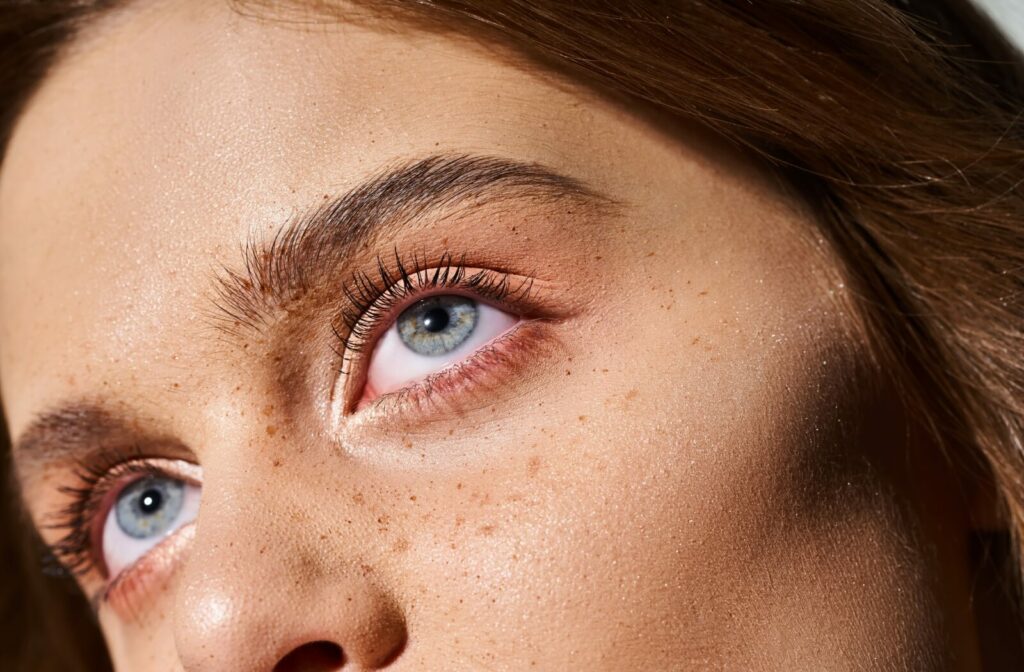
Simple Ways to Protect Your Eyes From Sunlight
Everyone should protect their eyes from the sun, regardless of eye colour. However, if you have blue eyes, it’s a good idea to take extra care to make these habits a part of your daily routine.
Choose the Right Sunglasses
Look for sunglasses that block 100% of both UVA and UVB rays. Polarized lenses are also a great option to reduce glare from surfaces like water and pavement, which can help you see more clearly on bright days. Remember, polarization and UV protection are not the same, so make sure you get lenses that can do both.
Add a Wide-Brimmed Hat
A hat with a wide brim offers another layer of shade for your eyes and face. It helps block sunlight from hitting your eyes directly and protects the delicate skin around them, too.
Consider UV-Block Contacts
If you wear contact lenses, you can ask about options that include UV protection. They’re not a replacement for sunglasses, but can provide extra defence against stray UV rays that might get around the edge of your glasses.
Find Shade When You Can
Sometimes, the answer to UV exposure is as simple as staying out of the sun when you can. Try to stay in the shade when the sun is at its strongest, usually between 10 a.m. and 4 p.m. This simple step can lower your direct exposure to sunlight throughout the day and give your eyes a rest.
The Importance of Regular Eye Exams
Routine eye exams are a key part of your health care. These appointments allow optometrists to monitor your vision and overall eye health. They can spot small changes early on, often before you notice any symptoms. During an exam, your optometrist assesses your vision and provides a comprehensive picture of your eye health.
The Canadian Association of Optometrists recommends that most adults have a comprehensive eye examination every 1 to 2 years. Children and seniors should visit annually, but always follow your optometrist’s recommendations, as this schedule may vary based on your age, family history, and overall health.
Keep Your Sunny Days Crystal Clear
While blue eyes can be more sensitive to light, you can take simple steps to protect them. Once you understand the connection between your eye colour and the sun, you’re ready to make informed choices for your vision.
For personalized advice and a comprehensive check-up, schedule an appointment with one of our Eye Care Clinic teams in Bonavista, Olds, Sundre, and Carstairs. Meet the sun with bright eyes and healthy vision all year round!


